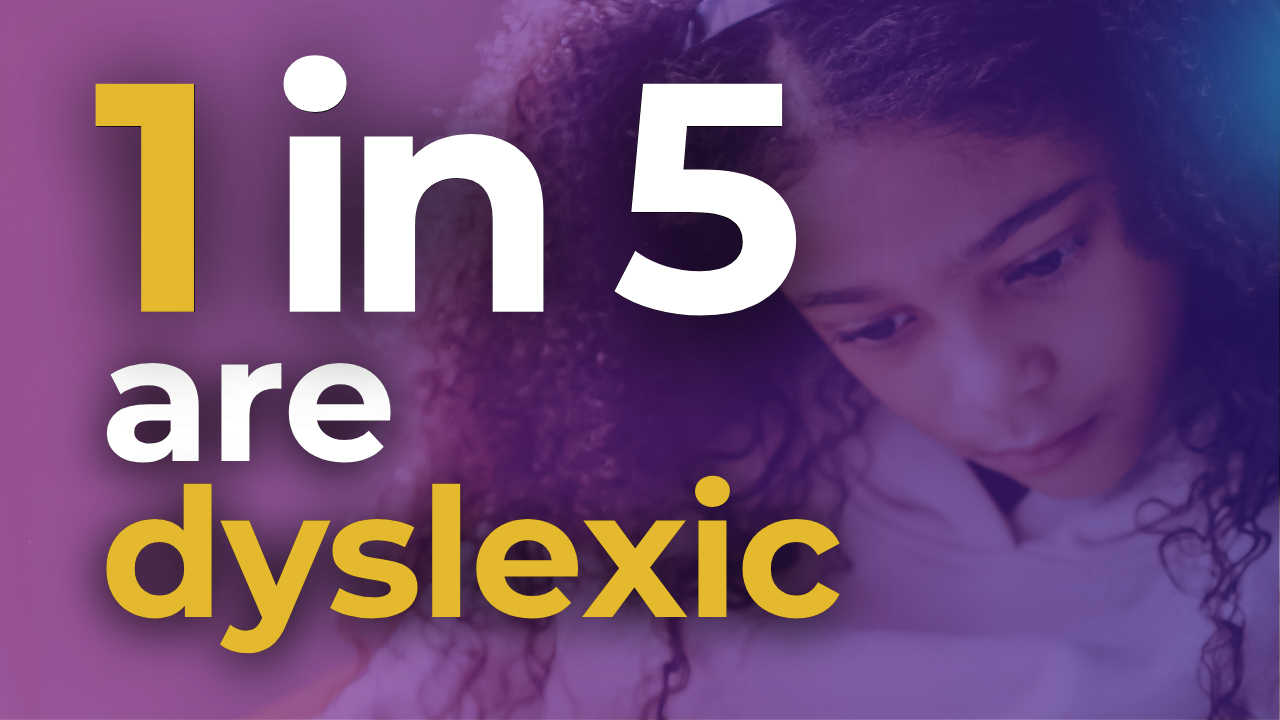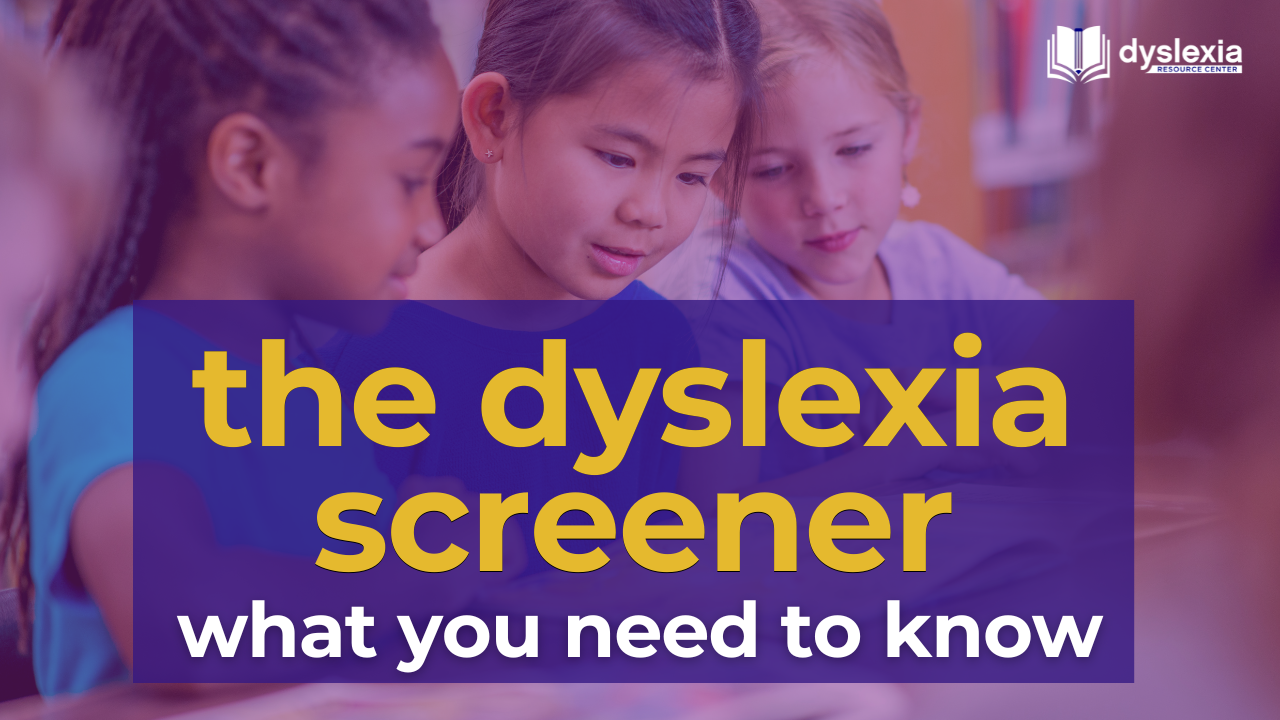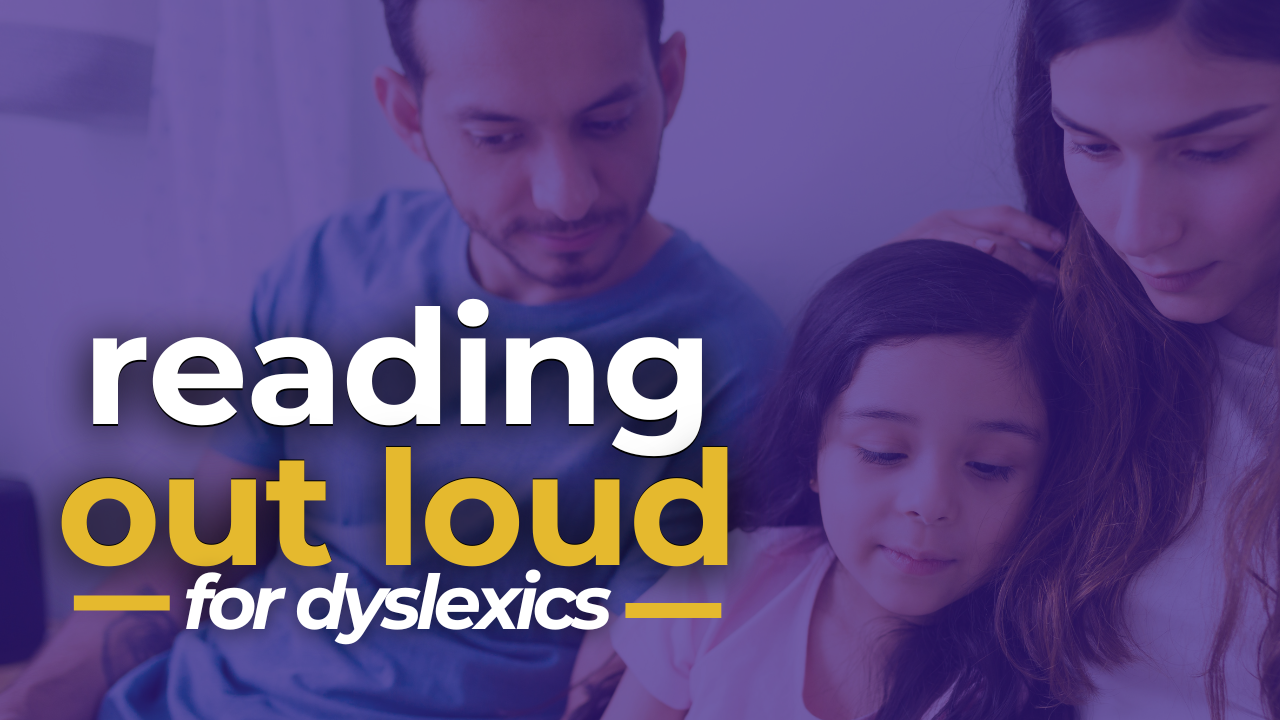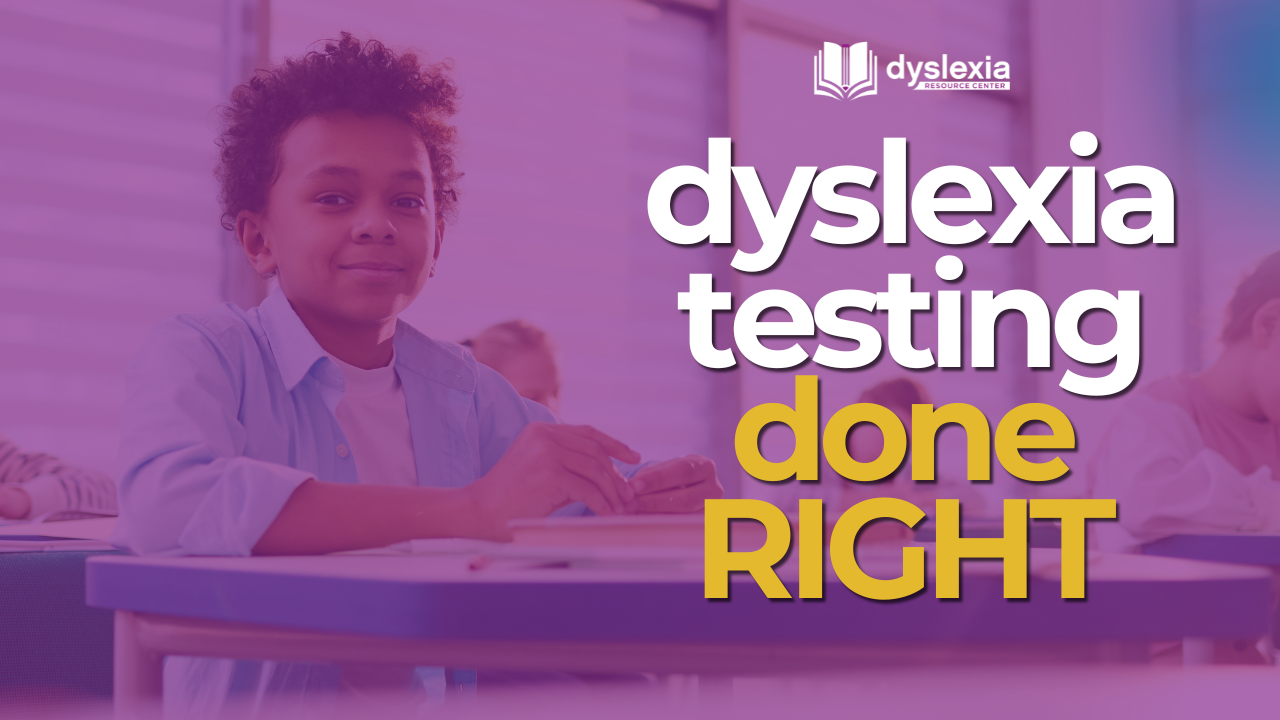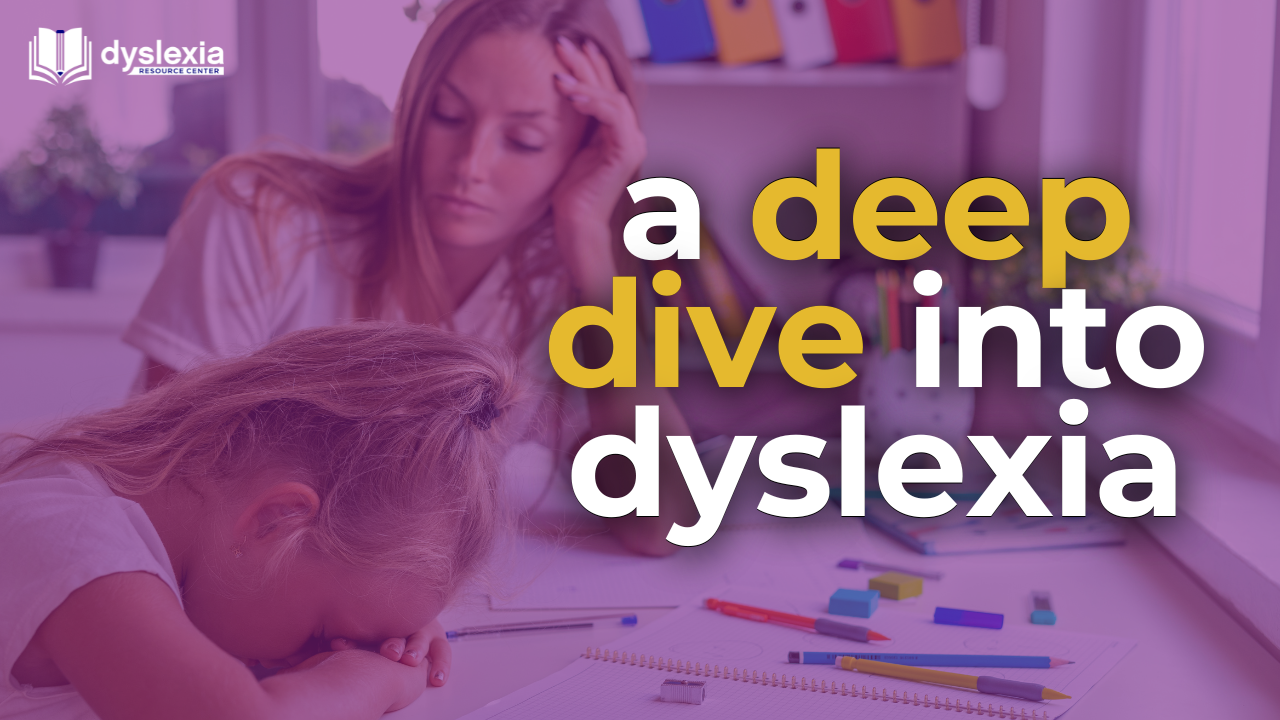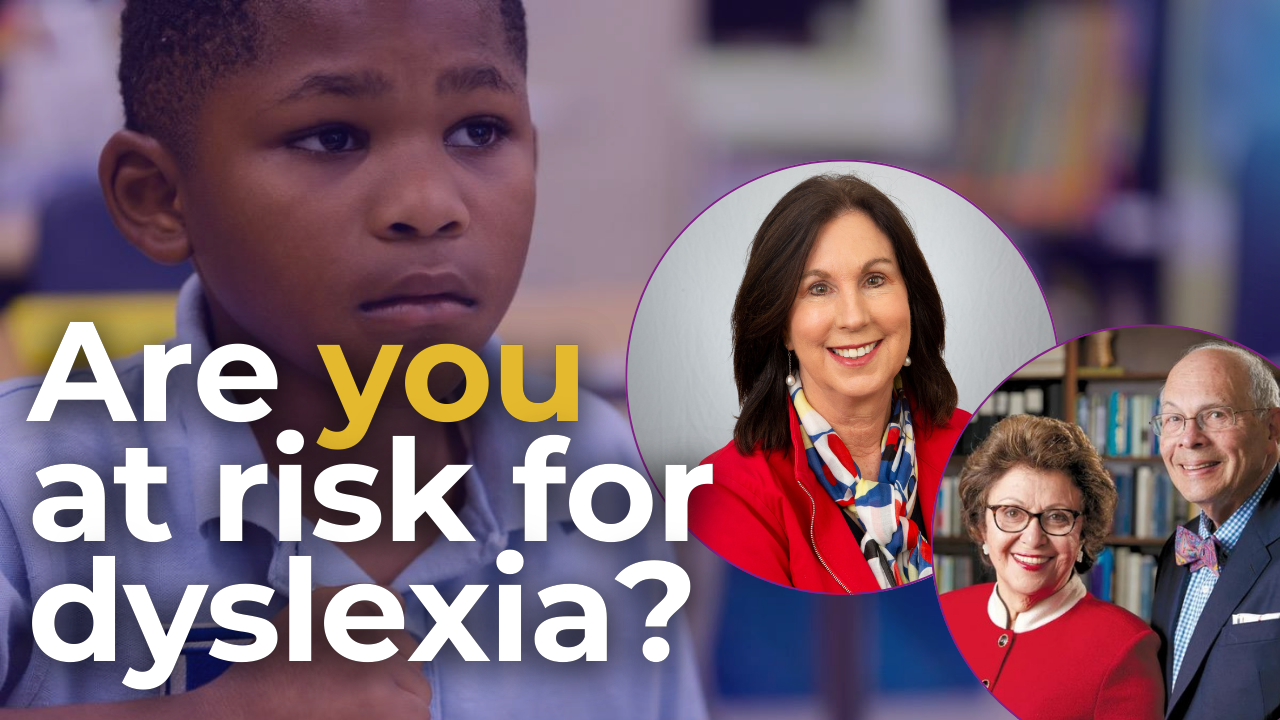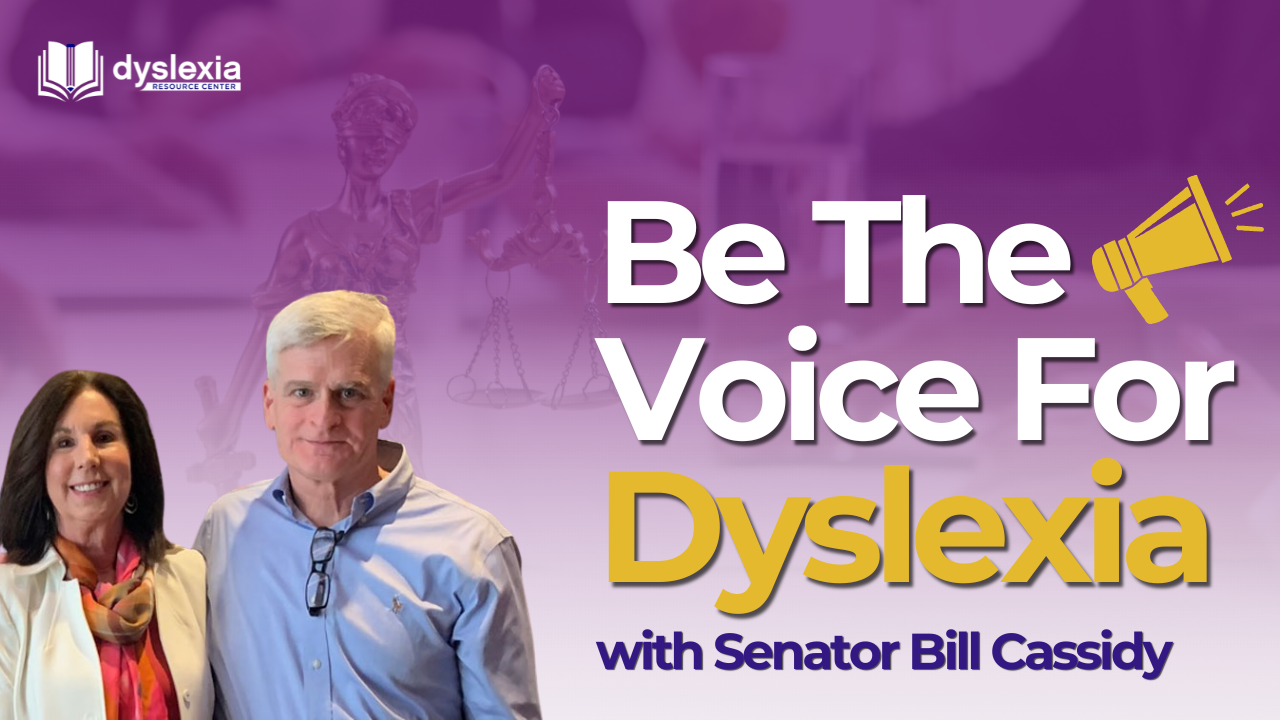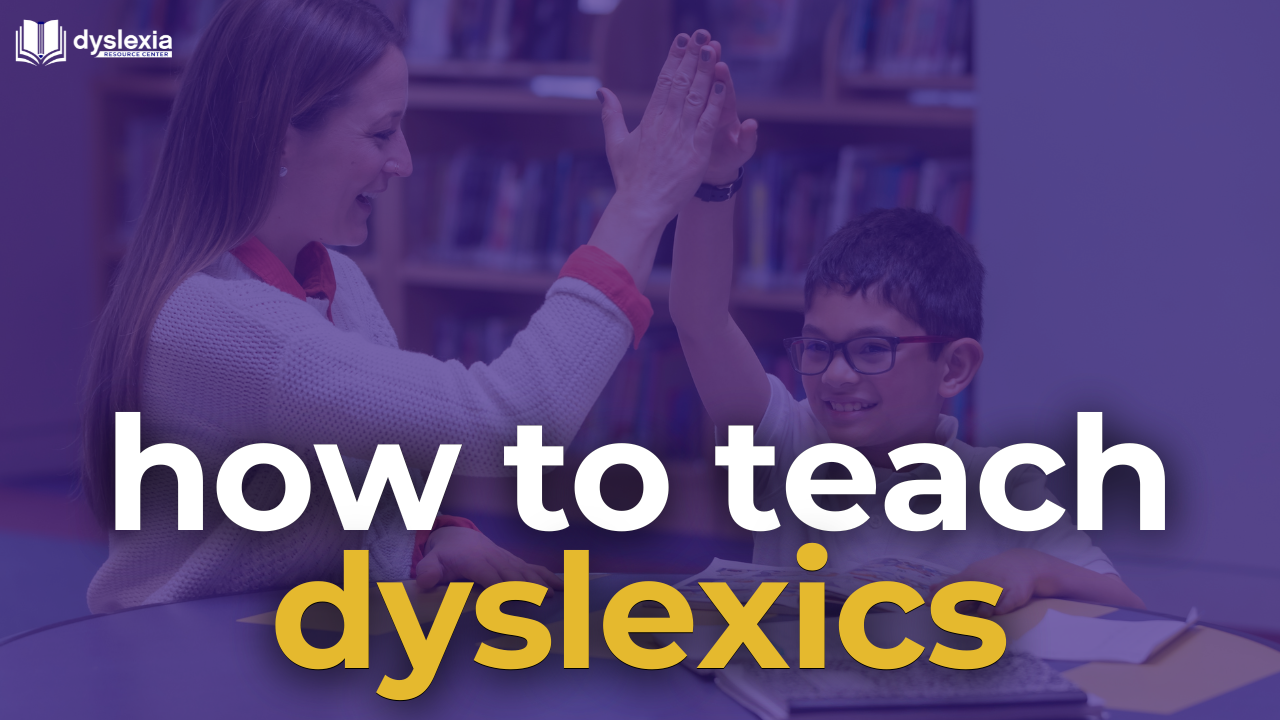Episode 2: Dyslexia Explored: Myths, Facts, and Resources with Dr Laura Cassidy
Fireside Chat with the Dyslexia Resource Center
Welcome to the Dyslexia Resource Center podcast! I’m Doctor Laura Cassidy, and today, we're delving into a crucial topic: understanding dyslexia. Whether you’re a parent, educator, or someone navigating dyslexia themselves, this discussion aims to shed light on the condition, debunk misconceptions, and provide valuable resources for support.
What is Dyslexia?
Let’s start with the basics. Dyslexia is an unexpected difficulty in reading for an individual who has the intelligence to be a much better reader. This arises from issues in phonological processing, impacting reading, writing, and spelling abilities. Contrary to common misconceptions, dyslexia affects 20% of the population, occurring equally in both boys and girls. However, its manifestation varies in severity from person to person.
Dispelling Myths
Misinformation surrounding dyslexia abounds, contributing to misunderstanding and stigma. It’s crucial to address these misconceptions head-on:
Myth 1: Dyslexia predominantly affects boys.
- In reality, dyslexia occurs in both boys and girls at similar rates. However, boys may display more behavioral symptoms, while girls often internalize their struggles.
Myth 2: Dyslexics are not intelligent.
- On the contrary, individuals with dyslexia often have average to above-average IQs. They possess unique strengths, including creativity and problem-solving abilities.
Myth 3: Dyslexia can be outgrown.
- Dyslexia is a lifelong condition that requires support and intervention. Early identification and appropriate educational strategies are essential for managing its impact.
Understanding the Neurological Basis
Neurobiological research provides valuable insights into dyslexia. MRI scans reveal differences in brain activity between dyslexic and non-dyslexic individuals during reading tasks. Dyslexics tend to rely more on the right hemisphere of the brain, leading to inefficiencies in processing written language. Understanding these neurological differences is crucial for developing effective interventions.
Recognizing Signs and Symptoms
Early identification of dyslexia is paramount for providing timely support. Signs may manifest in childhood through delayed speech, difficulty with rhyming, and challenges in learning the alphabet. As children progress through school, struggles with reading, writing, and spelling become apparent. Reluctance to read aloud and poor spelling are common indicators.
Diagnosing Dyslexia
Accurate diagnosis is the first step towards effective intervention. Screening tools, such as the Shaywitz Dyslexia Screener, can identify children at risk for dyslexia as early as kindergarten. Clinical assessment by qualified professionals helps confirm the diagnosis and inform personalized intervention plans.
Accessing Support and Resources
Fortunately, numerous resources are available to support individuals with dyslexia and their families:
- Educational Materials: Books like "Overcoming Dyslexia" by Dr. Sally Shaywitz offer invaluable insights into dyslexia and its management.
- Online Courses: Platforms like Coursera offer courses on dyslexia, providing accessible education for parents and educators.
- Specialized Schools: Institutions like the Louisiana Key Academy provide tailored education for dyslexic students, offering a supportive learning environment.
Empowering Advocacy
Armed with knowledge and resources, advocates for dyslexia can ensure individuals receive the support they need. Whether advocating for specialized education programs or accessing diagnostic services, proactive engagement is essential.
Conclusion
Dyslexia is a complex condition with far-reaching implications, but with understanding and support, individuals with dyslexia can thrive. By dispelling myths, recognizing early signs, and accessing appropriate resources, we can empower individuals with dyslexia to unlock their full potential.
